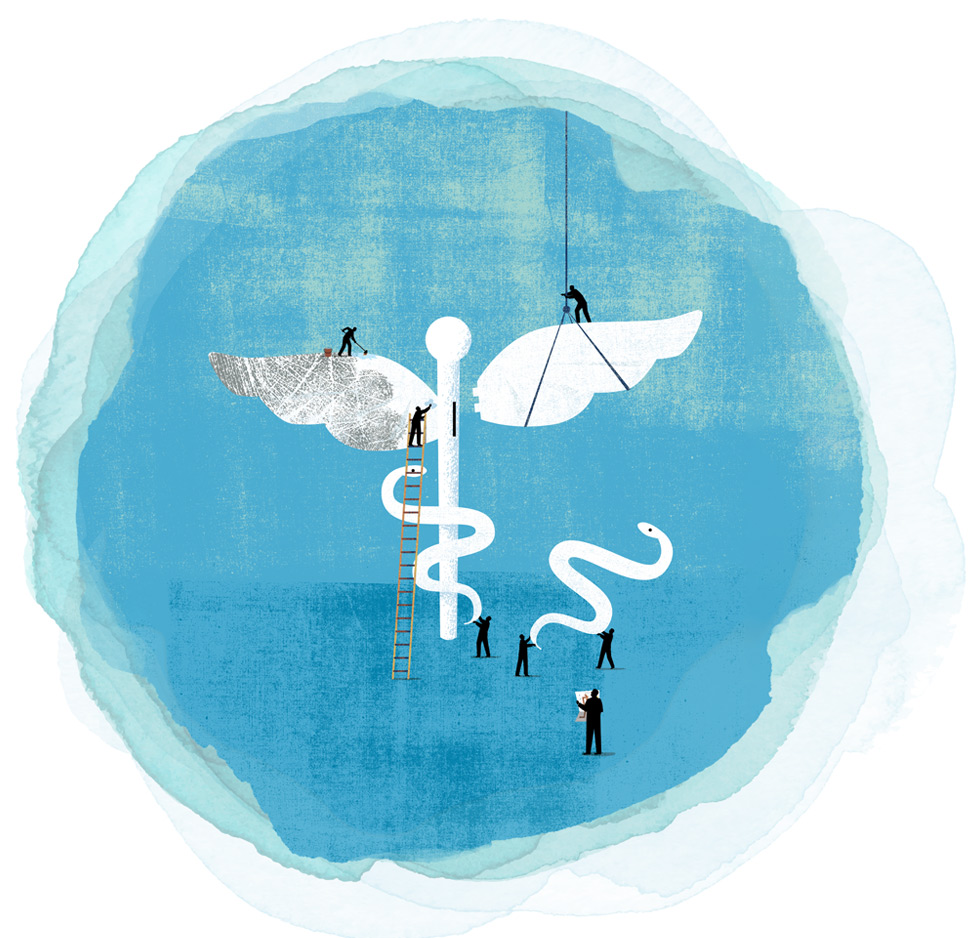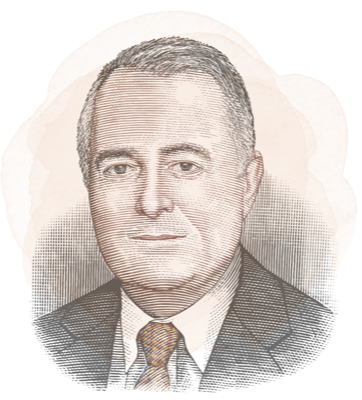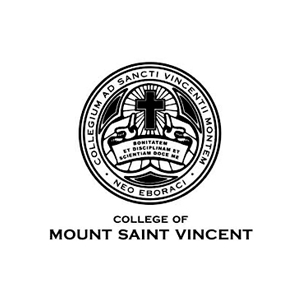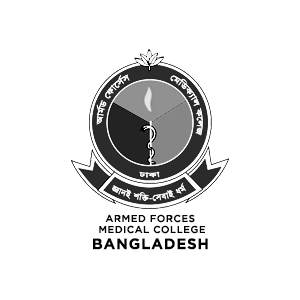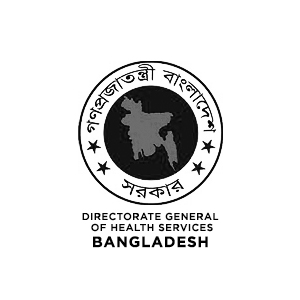Connecting two entities whose complex problems can each be solved by the other is one of the most intellectually and spiritually satisfying things we do. Education and training are a case in point. At excellent, well-established colleges and universities in the United States, tuition increases cannot keep pace with fixed costs. Charges prove especially onerous for many qualified international students. Meanwhile, elsewhere on the globe, developing nations struggle to create effective college programs equal to their nations’ needs. The Steve Menzies Global Foundation links these challenges into a mutually compatible solution.
By arranging for U.S. colleges to export their curricula while monitoring program quality and performance, students in developing countries can receive a degree from the American institution. In return, American colleges, particularly small-to-mid-sized tuition-based colleges, keep up with the rising fixed costs that outpace increases in on-campus enrollment.
It seems a simple solution, but it takes skilled intervention to overcome cultural, bureaucratic, and language barriers and bring the partnering countries together to create a fully functioning, credentialed educational infrastructure for nurses that will serve to improve the health and lives of their citizens.
Connecting U.S. Colleges and the Global Nursing Shortage
Nursing has become a learned profession. Gone are the days when precise obedience was the standard of good practice. Today, nurses provide patient- and community-centered primary care. Nursing requires disciplined, grounded, evidence-based judgment. As in the study of law and engineering and other learned professions, the broad and STEM prerequisites for professional nursing studies are designed to refine analytical skills, critical thinking, and effective communication. The new nursing profession is now at the frontier of public health.
Many U.S. colleges and universities offer a world-class nursing curriculum and an ever-improving ability to provide virtual instruction. What they lack is the capability, connections, and resources to establish robust programs in foreign countries—one combining local credentialed infrastructure, both in-person and virtual instruction, and hands-on professional experience.
The Foundation stepped in to build an operating model that offers colleges a new, low-cost pipeline of paying students that will not add to their fixed costs along with a way for developing countries affordably to ensure high-quality educational opportunity on scale in areas of critical need. We negotiate with the local authorities in the receiving country and set up the facilities, emphasizing “train-the-trainer” components that eventually move the program to self-sufficiency and permanency. As the receiving country builds its own infrastructure, they see continuously improved quality of medical care along with a new source of professional careers for their citizens.
Education can turn talent into opportunity. That is true in the United States. It is true in developing nations. The creative innovation of Bold Thinkers finds ways to turn life-transforming opportunity for students into opportunity for nations.
